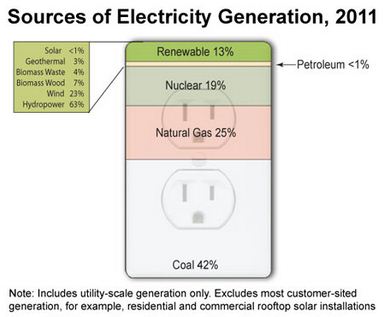Truth or Consequences
I last wrote about complexity and shortcuts.
Let's start with a big shortcut: truth.
What is truth? What is true to you? Are these the same... sometimes, always, don't know...?
Bush is lying to the American people. True or false? Kerry's voting record belies his debate statements? True or false? Oh, those are too easy. One can find specific examples that support assertions, but does that represent "truth"?
Republicans are those who support big business instead of the common person; Democrats are those who make the common man dependent upon the largess of the government. Ah, now we are getting somewhere. Generalizations based on... trends? mission statements? posturing? hyperbole?
The U.S. is liberty's last great hope; the French are pansies; the Iranians are maniacal religionists who will send the world into chaos. Great! Bigger generalizations based on "my truth is bigger than your truth." But how can the U.S. be "the great Satan" and "liberty's last great hope" at the same time? More believers? More powerful weapons?
So how about "We are all dependent upon the sun for our lives." No one arguing? Terrific. Well, that may be a truth now, but perhaps there will be a time in the future when mankind has moved beyond the solar system and it will no longer be an "absolute" truth.
There is a God and he is Allah! Don't like that one? He is Jesus! Don't like that one? He is Jehovah (Yahweh). Don't like that one? Name your own, dammit. Did you hear about the dyslexic, atheist, insomniac? He stayed up all night wondering if there really was a Dog.
We are all somewhat dyslexic when it comes to "truth". My wife tells me she thinks I'm especially handsome. I think her perceptions may be affected by her 20/400 vision.
Okay, so maybe we can't agree on the TRUTH. Some of us seem to agree on some things... our shortcuts align. Not necessarily because we discovered the shortcuts by ourselves. More likely because someone in authority in our life passed on a shortcut that they had learned from someone else. The shortcuts seem to work... or at least didn't interfere with our lives too much... so we accepted them as valid (truth?).
Oh, oh, this sounds too much like relativistic thinking. One truth is as good as another. Maybe not. Let's take the approach that within the dynamic interactions of humans among humans and humans within their environment, there are some approaches that are more functional than others. There are some shortcuts that work and some that do not within specific circumstances. There are some shortcuts that may affect our behavior but perhaps not our outcome (praying to God to save our immortal soul).
So, let's set aside truth. Not because it isn't important to us, but because we just can't quite get there. What then? Logic? That requires presumption. Fact? Ouch! Go back and read the spin links from yesterday's post. No, even data is disputable or "means" different things to different people; reflects different "truths". Only 1,000+ dead U.S. soldiers in Iraq and only sporadic resistence: a resoundingly successful military campaign. 1,000 dead U.S. soldiers in Iraq and there is still fighting: a failed policy.
Next time: going beyond the truth.






